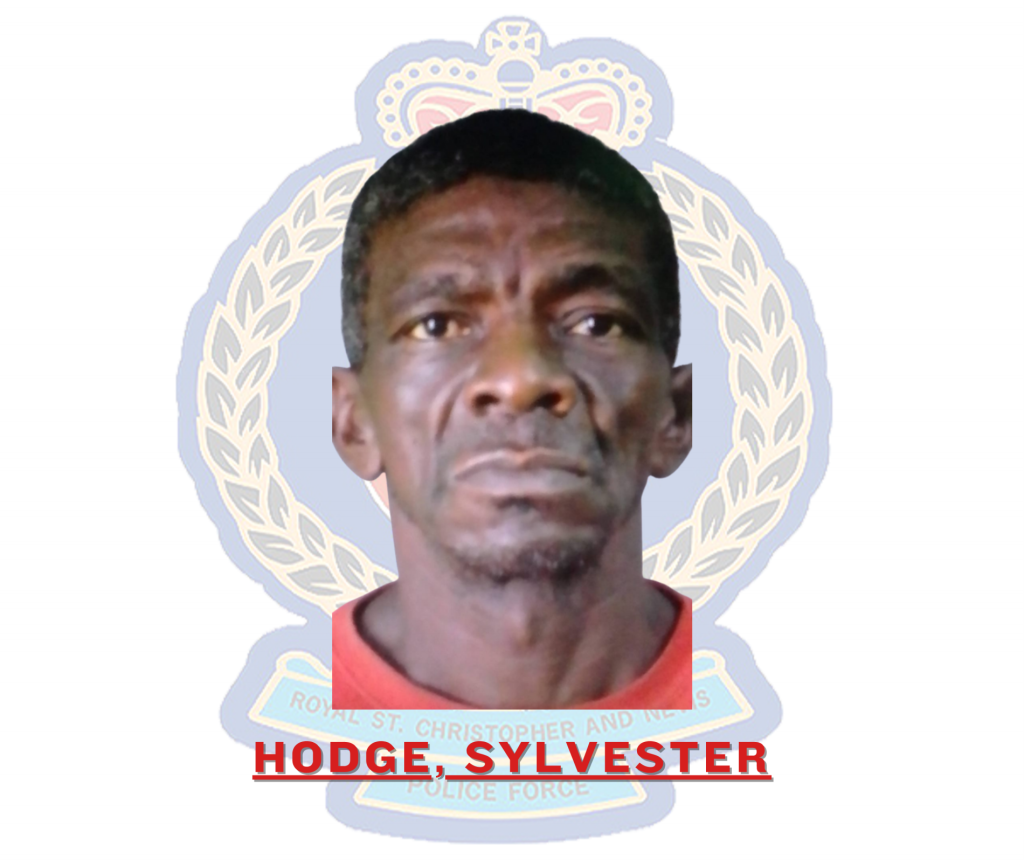Sylvester Hodge Receives Sentence for Petty Theft
On July 14, 2025, the Royal St. Christopher and Nevis Police Force announced the sentencing of Sylvester Hodge, a resident of Fort Thomas Road, St. Kitts, for the crime of simple larceny. The offense took place on December 22, 2024. Hodge initially pleaded “not guilty” to the charge, maintaining his innocence throughout the legal proceedings. However, after a trial conducted before Her Honour Mrs. Rhonda Nisbett-Browne, he was found guilty and subsequently convicted on June 30, 2025. The judge imposed a sentence of three years imprisonment at His Majesty’s Prison, bringing the case to a close. This announcement underscored the commitment of law enforcement to pursue justice and uphold the rule of law in the Federation of St. Kitts and Nevis.
While the specific details of the larceny remain undisclosed in the initial announcement, the fact that the case proceeded to trial indicates that the prosecution presented sufficient evidence to convince the court of Hodge’s guilt beyond a reasonable doubt. The plea of “not guilty” suggests that Hodge disputed the charges, potentially arguing against the prosecution’s version of events or presenting an alternative narrative. The trial process would have involved the presentation of evidence, witness testimony, and legal arguments from both the prosecution and the defense, ultimately culminating in the judge’s verdict. The imposition of a three-year prison sentence signifies the seriousness with which the judicial system views the crime of simple larceny and the specific circumstances of Hodge’s case.
Simple larceny, also known as theft, generally refers to the unlawful taking and carrying away of someone else’s personal property with the intent to permanently deprive the owner of it. This differs from robbery, which involves the use of force or threat of force during the theft. The severity of larceny charges and the subsequent penalties can vary depending on the value of the stolen property and the specific laws of the jurisdiction. In St. Kitts and Nevis, the legal framework likely includes a tiered system of penalties for larceny, with more severe consequences for thefts involving higher-value items or aggravating circumstances.
The judicial process followed in Hodge’s case reflects the principles of due process and the presumption of innocence. His initial plea of “not guilty” afforded him the opportunity to challenge the charges against him in a court of law. The trial provided a forum for the presentation of evidence and legal arguments from both sides, ensuring a fair and impartial assessment of the facts. The judge’s role was to preside over the proceedings, ensure adherence to legal procedures, and ultimately determine the guilt or innocence of the accused based on the evidence presented. Following the guilty verdict, the judge then considered relevant factors, including the nature of the offense and any mitigating circumstances, before imposing the appropriate sentence.
The three-year prison sentence handed down to Sylvester Hodge signifies the consequences of engaging in criminal activity and serves as a deterrent to potential offenders. It underscores the importance of respecting the property rights of others and upholding the law within the community. The enforcement of such laws contributes to maintaining order and protecting citizens from theft and other forms of property crime. The outcome of this case also highlights the collaborative effort between law enforcement agencies and the judicial system in ensuring the apprehension, prosecution, and sentencing of individuals found guilty of criminal offenses.
The public announcement of Hodge’s sentencing likely serves multiple purposes. It informs the community about the resolution of the case, reinforcing public trust in the judicial system and its ability to hold offenders accountable. It also serves as a reminder of the legal consequences associated with criminal behavior, potentially deterring others from engaging in similar acts. Furthermore, the announcement may offer a sense of closure to the victim of the larceny, knowing that the perpetrator has been brought to justice. The transparency of the legal process, as demonstrated in this case, reinforces the principles of accountability and the rule of law within the Federation of St. Kitts and Nevis.
Share this content:












Post Comment